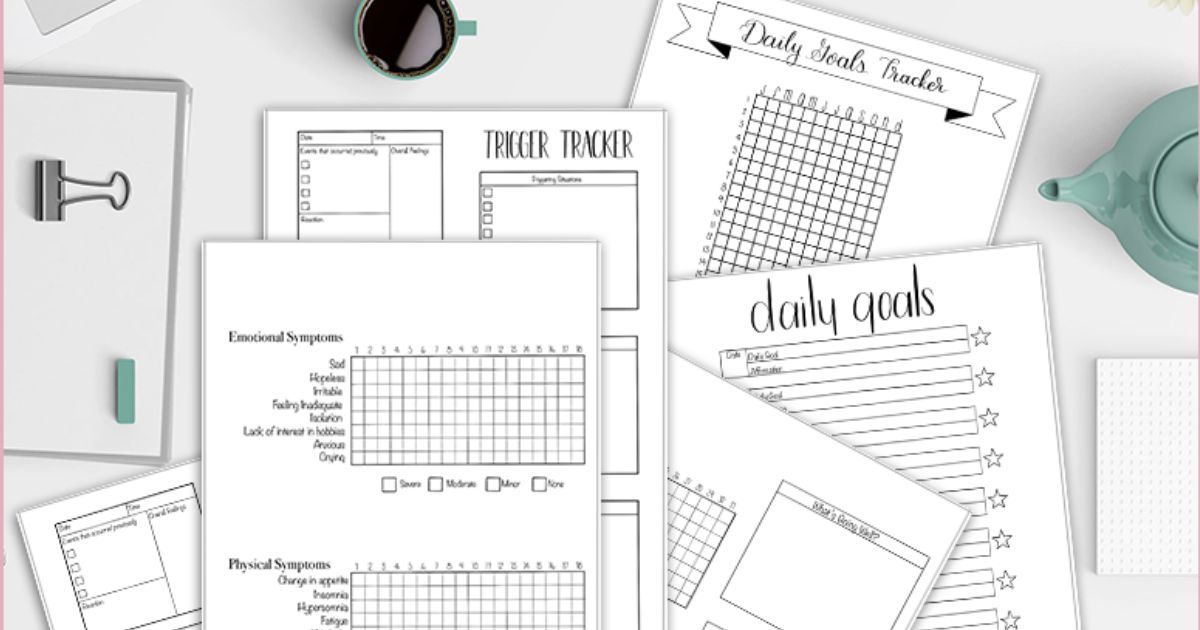- The “Big Five” traits of personality and life satisfaction are intricately related.
- Certain traits like openness and extraversion are credited for greater emotional stability and work satisfaction.
What Are Personality Traits?
Personality traits refer to the unique and enduring patterns of thought, feeling, and behavior that characterize an individual. These innate traits are thought to be relatively stable over time, consistent across situations, and influence how individuals interact with their environment. There are five broad dimensions of personality traits known as the “Big Five”, which include:
- Openness
- Conscientiousness
- Extraversion
- Agreeableness
- Neuroticism
How Do Personality Traits Define A Person?
Personality traits play a significant role in defining who we are as individuals. They can influence how we behave, interact with others, and experience the world around us. Our personality traits can also affect our personal and professional relationships, career choices, and overall life satisfaction.
For example, someone who scores high on extraversion may be more likely to pursue a career in sales or public relations, while someone who scores high on conscientiousness may be more likely to pursue a career in law or medicine.
Someone who scores high on neuroticism may be more likely to experience anxiety or depression, while someone who scores high on agreeableness may be more likely to form close and supportive relationships.
Personality Traits, Psychology, And Mental Health
A person’s personality traits significantly impacts his/her mental health. Research has shown that certain personality traits can be associated with the development of mental health issues such as anxiety and depression.
For example, high levels of neuroticism and low levels of extraversion have been linked to an increased risk of depression and anxiety disorders. Conversely, people with higher levels of optimism and extraversion are known for pro-social behavior and mental well-being.
Personality And Life Satisfaction
A new study published by the American Psychological Association revealed that certain personality traits are associated with life satisfaction, compared to other personality profiles.
Its researchers, a team from Tilburg University, surveyed 9110 Dutch participants, aged 16–95 years, over the course of 11 years. They answered questions about their personality traits, social connectedness, life satisfaction, and satisfaction with their professional lives.
The findings revealed that, even in the face of change, conscientiousness and extraversion positively correlated with work satisfaction, while agreeableness and extraversion positively correlated with social satisfaction.
Life, social, and work satisfaction are also reported to increase among those who observed an increase in these traits over time.
Personality, Emotional Stability And Work Satisfaction
Research has also shown that personality traits can have a significant impact on work satisfaction. For example, individuals who score high on emotional stability tend to report higher levels of job satisfaction and are less likely to experience stress at work.
Additionally, individuals who score high on extraversion tend to report higher levels of job satisfaction and are more likely to seek out leadership roles.
Moreover, emerging studies claim that people with higher levels of openness and emotional stability tend to be comfortable with change at work. They have a greater tendency to quit unsatisfactory jobs and apply for more challenging jobs that may ultimately be more fulfilling and enjoyable.
Addressing Issues Linked To Personality Traits
While personality traits can have a significant impact on our lives, they are not necessarily fixed and can be influenced by a variety of factors such as life experiences, social support, and psychological interventions. Some strategies for addressing issues linked to personality traits include:
- Seeking professional help such as counseling or therapy to address mental health concerns
- Developing coping strategies to manage stress and anxiety
- Engaging in mindfulness or meditation practices to improve emotional regulation
- Seeking out supportive social networks to help foster positive relationships
- Practicing self-reflection and introspection to better understand one’s own personality traits and how they may impact personal and professional relationships
- Making lifestyle changes such as improving diet and exercise habits to improve overall well-being
- Participating in activities that align with one’s personality traits and values to increase satisfaction and fulfillment in life.
In conclusion personality and life satisfaction are linked. Understanding our own personality traits and how they interact with the world around us can help us make informed decisions about career choices, relationships, and overall well-being.
Addressing issues linked to personality traits may involve seeking professional help, making lifestyle changes, and practicing self-reflection and mindfulness. Overall, recognizing and embracing our unique personality traits can lead to increased satisfaction and fulfillment in life.
Know More About –
Related Articles –
- The Big Five Personality Traits and What They Mean
- Understanding Type A and Type B Personality Types
- 9 Signs You Are A Mentally Strong Person




























